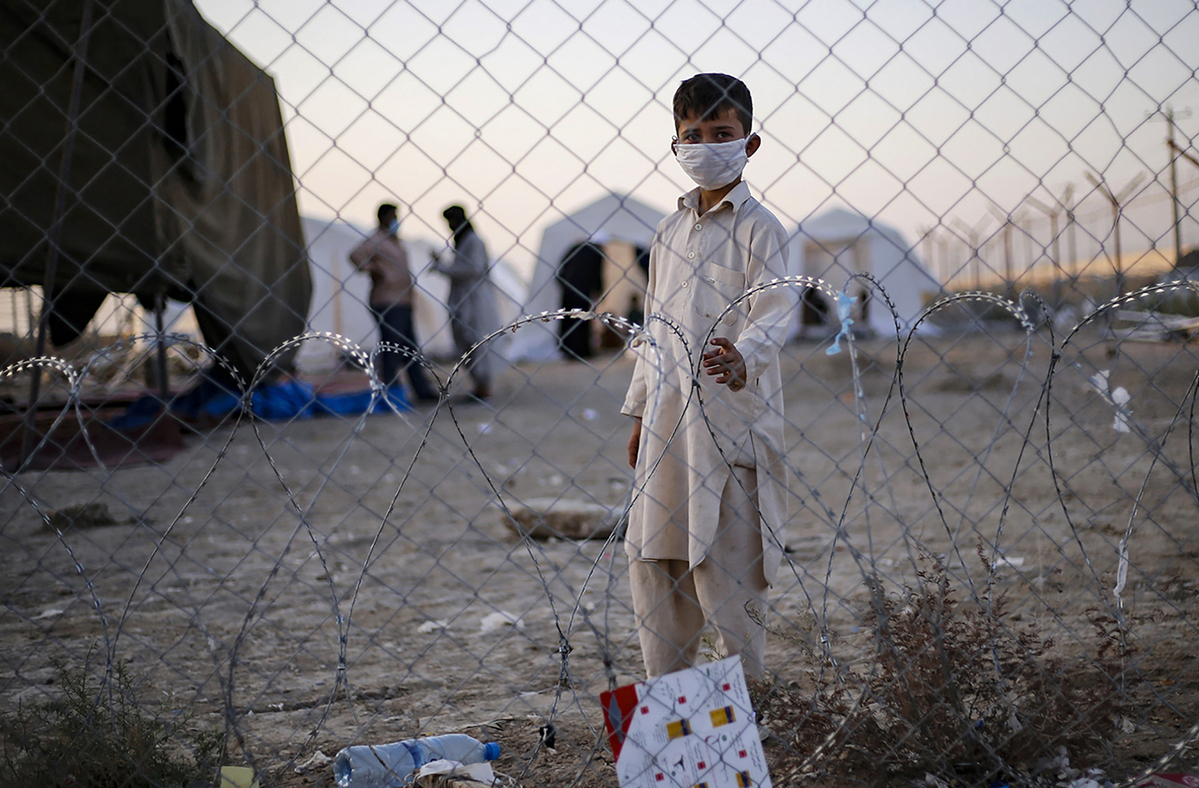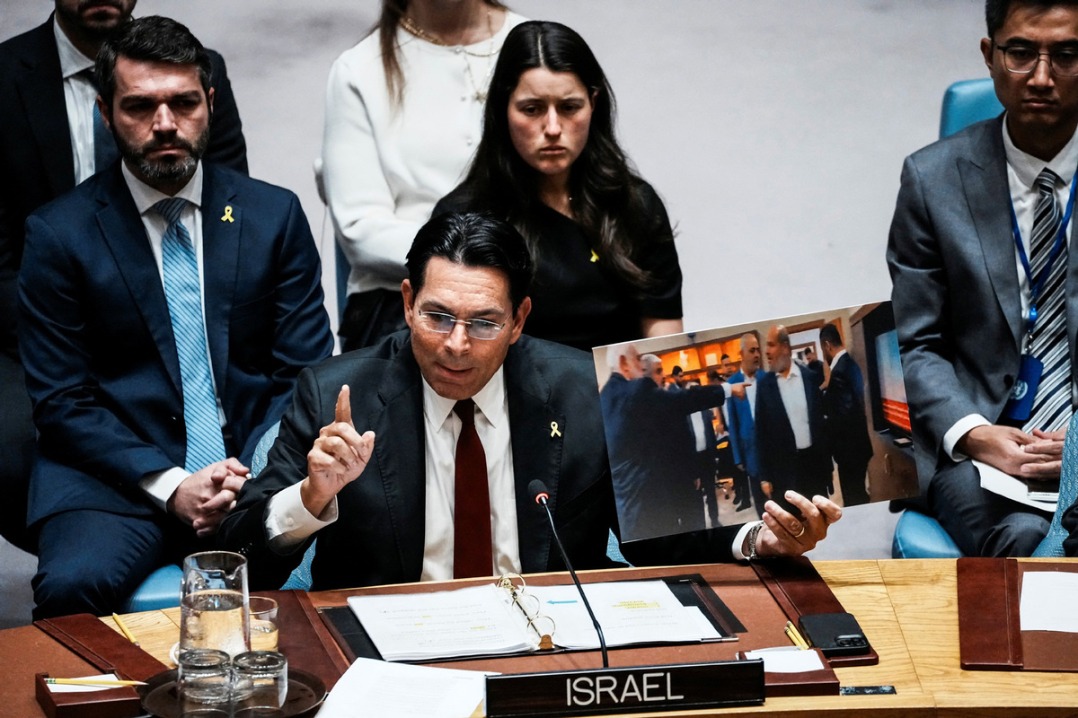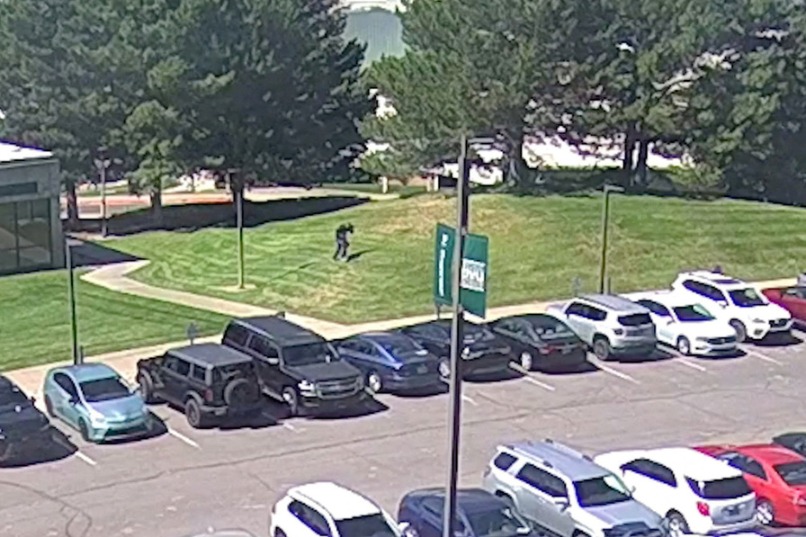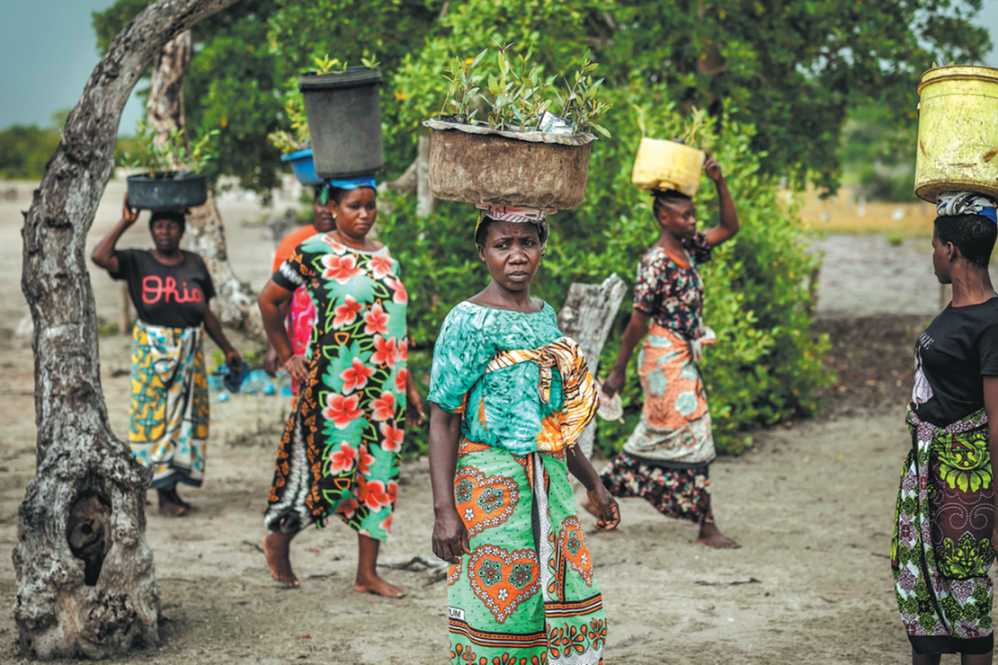Iran needs international help to cope with livelihood of Afghan refugees


Having provided shelter for millions of Afghan refugees for decades, Iran should not be expected to bear any fresh, large-scale migrant burden at this juncture, experts said, pointing to the country's fragile economy amid Western sanctions and the pandemic.
Absorbing more refugees will prove unsustainable for Iran given its already limited resources, the experts said, calling on the international community to offer relief and assistance to help Teheran cope with the situation.
Dina Yulianti Sulaeman, director of Indonesia Center for Middle East Studies, or ICMES, said Iran is sympathetic toward Afghan refugees due to the "brotherhood in Islam" doctrine. However, hosting millions of refugees and providing them with the same services as that offered to Iranian citizens is a burden on the economy.
"The international community, especially the US and Western NATO members, have an obligation to help Iran because of the crisis in Afghanistan caused by their 20-year occupation. Why should Iran alone bear the impact?" said Sulaeman, who is also a lecturer in International Relations at Padjadjaran University in Indonesia.
The North Atlantic Treaty Organization is a political and military alliance made up of 30-member countries from Europe and North America.
According to the United Nations High Commissioner for Refugees, Iran and Pakistan host 90 percent of the Afghan refugees. About 1.4 million of them are in Pakistan while an estimated 780,000 are in Iran. Apart from that, there are an estimated 2 million undocumented refugees.
On Nov 10, the Norwegian Refugee Council, or NRC, a humanitarian organization headquartered in Oslo, said humanitarian needs in Iran had risen as an estimated 300,000 Afghans have arrived in the country after the Taliban took over Afghanistan in August.
Estimating that up to 5,000 Afghans have been fleeing through informal channels daily, the NRC urged the international community to shoulder more responsibility.
NRC Secretary-general Jan Egeland said there must be an immediate scale-up of aid both inside Afghanistan and its neighboring countries, and that Iran, which it commended for hosting displaced Afghans for four decades, cannot be expected to host "so many Afghans with so little support from the international community".
The NRC's appeal comes almost two months after the UN announced $1.2 billion pledges of financial support during a meeting in Geneva in September.
"The chaotic US withdrawal and return of the Taliban have created a situation in Afghanistan, which is fast turning into one of the worst humanitarian crises of the world. This crisis has multiple dimensions: refugees and people's displacement being (some) of them," said Asif Shuja, an Iranian expert and senior research fellow at the Middle East Institute at National University Singapore.
"The NRC is a Europe-based organization, and Europe has been playing a key role in the current Iran-US nuclear negotiations. Thus, its appeal, including the commendation of Iran in hosting Afghan refugees bears significance," said Shuja.
Talks on reviving the 2015 Iran nuclear deal, which former US President Donald Trump withdrew from in 2018, will resume in Vienna, Austria, on Nov 29.
Nagapushpa Devendra, a researcher at the New Delhi-based Manohar Parrikar Institute for Defence Studies and Analyses, said Iran has always been a preferred destination for Afghans, particularly the Shia Muslim community, as it has one of the most inclusive refugee policies globally.
According to ACAPS, a Geneva-based independent humanitarian information provider, the Iranian government has slowly introduced policies to increase the provision and renewal of Amayesh, or refugee identity cards.
These cards grant refugees conditional freedom of movement, temporary work permits, and access to the national education and healthcare systems.
But domestically, Devendra noted, the situation is challenging, given the various economic and social issues, which include currency woes and high inflation and unemployment.
"Then came the pandemic, which caught Iran at its weakest economic state since the end of the war with Iraq three decades ago. Unlike other regional countries, the Iranian government lacked resources to help its people," said Devendra.
Qatar-based news provider Aljazeera reported in November that Iran was sending tens of thousands of Afghan refugees back over the border amid allegations of mistreatment by Iranian authorities.
ACAPS noted that every year, thousands of Afghans return to their country of origin voluntarily because of loss of work and wages, discrimination and lack of access to medical services, among other issues. It estimates that 663,000 Afghans have returned from Iran since the beginning of 2021, up from 420,000 in 2020 and 264,000 in 2019.
Sulaeman, from ICMES, said if it is true that there is a return policy in Iran, it is more of a "security measure".
"Iran is always under threat of security by acts of terror. So, it is acceptable that Iran conducts screening and not everyone who claims to be a refugee can be accepted. Security policies like this are also carried out by all other countries in the world," the analyst noted.

































